Blog
Moving Beyond Data
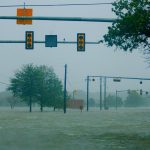 MADISON TEETER, alumna of the CCS program. She is a program associate at Wetlands Watch, a nonprofit based in Norfolk, Virginia. This is a guest post on NC Sea Grant’s Coastal Watch blog: As I worked on my capstone project for my Climate Change and Society degree at NC State University, while partnering with North Carolina Sea Grant I studied how the climate change movement might be focusing on the wrong priorities when communicating risk.
MADISON TEETER, alumna of the CCS program. She is a program associate at Wetlands Watch, a nonprofit based in Norfolk, Virginia. This is a guest post on NC Sea Grant’s Coastal Watch blog: As I worked on my capstone project for my Climate Change and Society degree at NC State University, while partnering with North Carolina Sea Grant I studied how the climate change movement might be focusing on the wrong priorities when communicating risk.
Environmental Advisory Boards: a step towards adaptation to Climate Change for North Carolina Communities
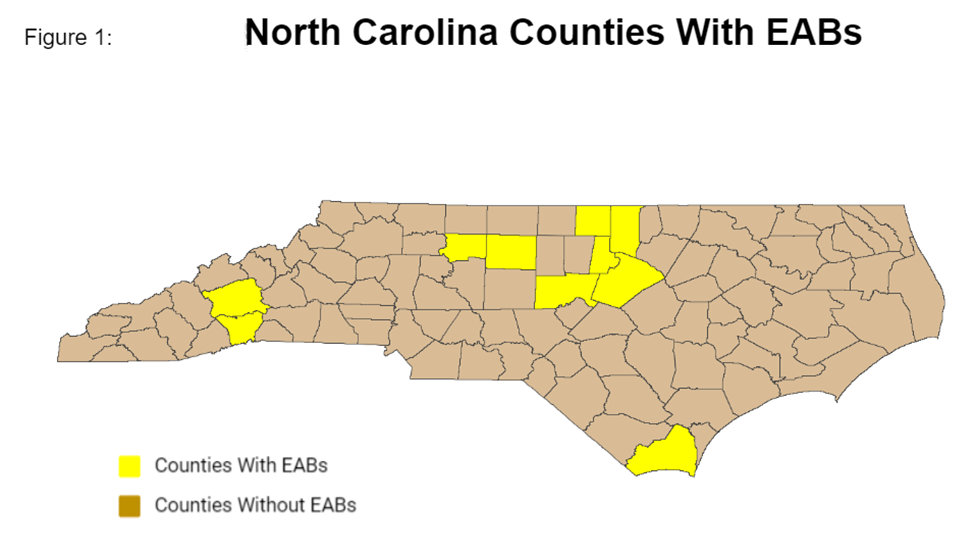 ROBERT BENNETT, alumni of the CCS program
ROBERT BENNETT, alumni of the CCS program
Often one of the questions ordinary people pose when asked about climate change is “what can my local community do about it?” Many people assume there’s nothing their city, town, or locality can do despite knowing that they are vulnerable to its effects.
Climate change and the “tragedy of the commons”
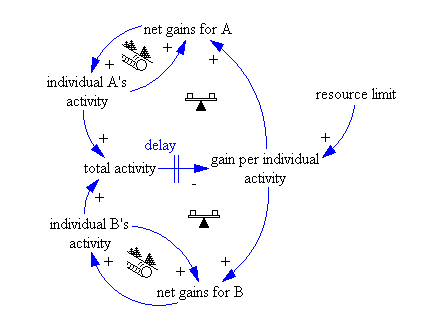
WALTER ROBINSON, Professor
“The tragedy of the commons” is familiar to anyone who has taken a course in environmental studies. We imagine a “commons”, say a shared green where villagers pasture their cows. The quality of the resource inevitably declines as villagers put more and more cows out to pasture on the green, leading to overgrazing. They do this because each villager obtains all the gain from having one more cow to milk, whereas the cost of the degradation of the pasture is shared among all the villagers, so the cost to each villager is the total loss divided by the (presumably large) number of villagers.
Unsustainability = Vulnerability = Unsustainability = …

WALTER ROBINSON, Professor
North Carolina, where I live, has just come through a winter snowstorm. It was a bit unusual coming so early in the winter and it dumped a good amount of snow on our southern state, but it was, all said and done, just a snowstorm. Yet this rather ordinary storm produced enormous disruption, including an emergency declaration from our governor, and, sadly, at least three deaths. Final exams, at North Carolina State University were disrupted, with knock-on effects on student and family travel. Schools and child-care centers were closed for two days, some even longer, keeping parents from their work.
Climate deniers or climate traitors?
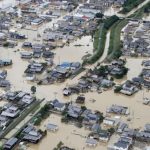
WALTER ROBINSON, Professor
As I write this, California endures another extreme fire year under record-breaking heat, the Canadian province of Québec has suffered a deadly heat wave, and Japan just experienced unprecedented flooding rains, with many deaths and 1.6 million people evacuated from their homes. While no single extreme weather event can be attributed solely to global warming, these are the very disasters and records that are projected to become more frequent and more extreme as increases in heat trapping gases make Earth hotter. What, then, does it mean to be a “climate change skeptic” or “climate change denier” in 2018, as we face growing and incontrovertible evidence of climate change and its consequences?
Climate and Weather Education through NCEI
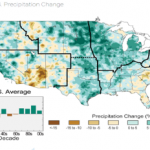
KARA PIARULLI, alumni of the CCS program
I had the amazing opportunity to work with the National Center for Environmental Information (NCEI) this fall through an internship in order to obtain my Master’ s degree in Climate Change and Society from NCSU.
“Something wicked this way comes”: 10 Reasons why climate change as a “wicked problem”
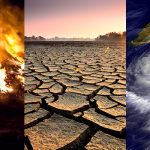
WALTER ROBINSON, Professor
We often hear that climate change is a “wicked problem”. But what does that mean? And what are the implications of a “wicked problem” for a Master’s Program in Climate Change & Society?
5 ways in which Hurricanes Harvey and Irma show us the link between Climate Change and Society
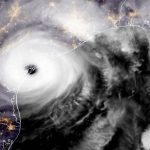
ROBERTO MERA, Program Coordinator and Lecturer
Hurricanes Harvey and Irma have proven to be catastrophic disasters for the residents of southeast Texas and the Florida Peninsula. Which adaptive actions are needed to mitigate the potential societal impact of the anticipated heightened intensity of storms like Harvey and Irma?
